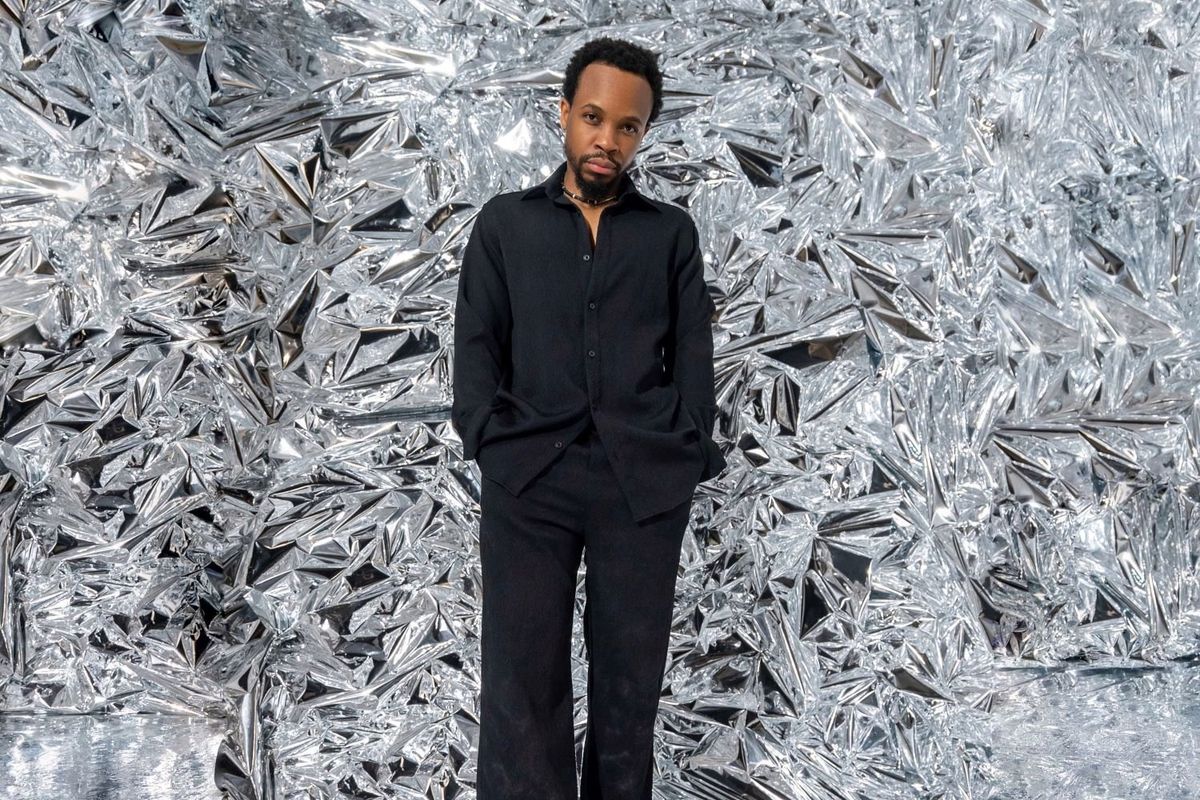
During live performances, the focus of the audience is primarily on what unfolds before them. This is essential for an engaging experience, yet much of the crucial work occurs behind the scenes—efforts required to ensure the performance flows smoothly and captivates attendees.
King Lekan shines in this behind-the-scenes role as a musical director, renowned for delivering high-quality sound in every live show. He acts as a key conduit between artists and their music during performances, making his contribution vital at every moment of the event.
Lekan, originally from Lagos and now based in the U.S., cultivated his love for music in the Christ Apostolic Church where he began playing drums. His musical repertoire expanded as he learned other instruments including bass, keyboards, guitar, and percussion.
He later established a band known as Kingsmen, which has collaborated with numerous Afrobeats artists. In his role as music director, King Lekan is responsible for adapting the artist’s music for live performances. This involves arranging the music, aligning the band members, and resolving any issues that may arise during shows.
Having collaborated with notable artists like Tems, Asake, and Davido, Lekan has helped them shine on major stages outside Nigeria, including Ayra Starr at Glastonbury and Fireboy DML at OVO Arena Wembley. “Serious artists have music directors who enhance their performances,” he states, emphasizing the importance of a director in translating an artist’s vision to the band.
King Lekan shares insights with TunesDeck about his experiences as a live music director, with edits made for brevity and clarity.
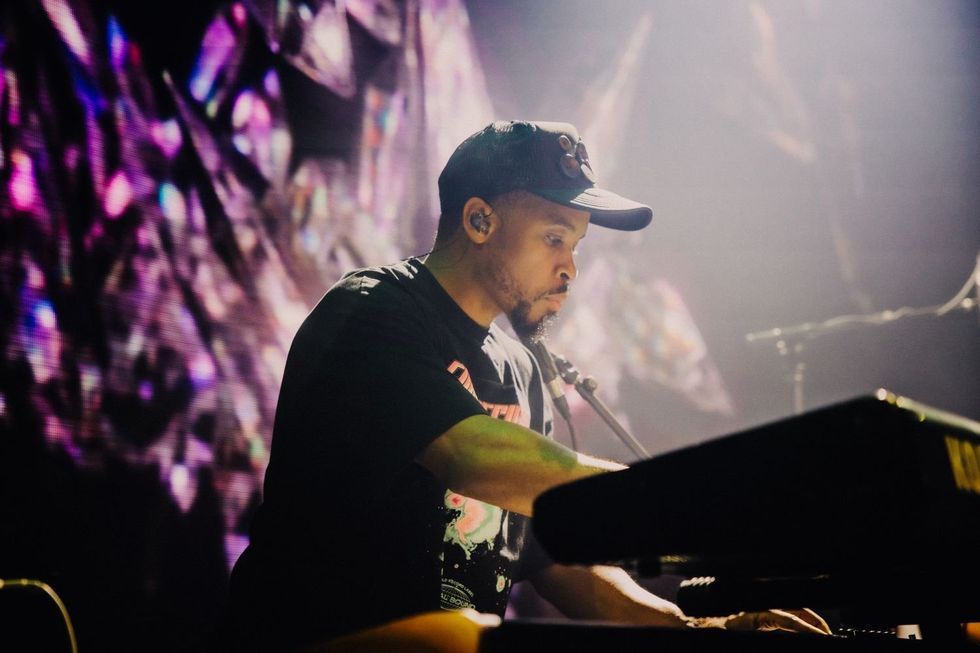
King Lekan: The role of a music director encompasses a wide range of responsibilities. It typically starts with arranging music—while some directors may not arrange, I handle all arrangements whenever we’re working with an artist.
I first consult with the artist’s management or directly with the artist to understand their vision for the live performance. This is crucial as it shapes what fans will experience.
I invest time in researching the artists before our meetings—reading articles and watching performances—to grasp their personalities. For instance, Wizkid’s laid-back demeanor contrasts with Burna Boy’s vibrancy, while Davido is known for his lively stage presence. Understanding these traits helps me choose the right arrangements and sounds. Davido’s energetic performances call for lively synths, while something subtler might suit Wizkid.
Afterward, I arrange rehearsals with the band prior to meeting the artists. I provide them with the music and arrangements in advance. Music directing also involves programming to enhance live performances by incorporating unique elements into the original tracks. On stage, the dynamics shift entirely as I direct the band in real-time.
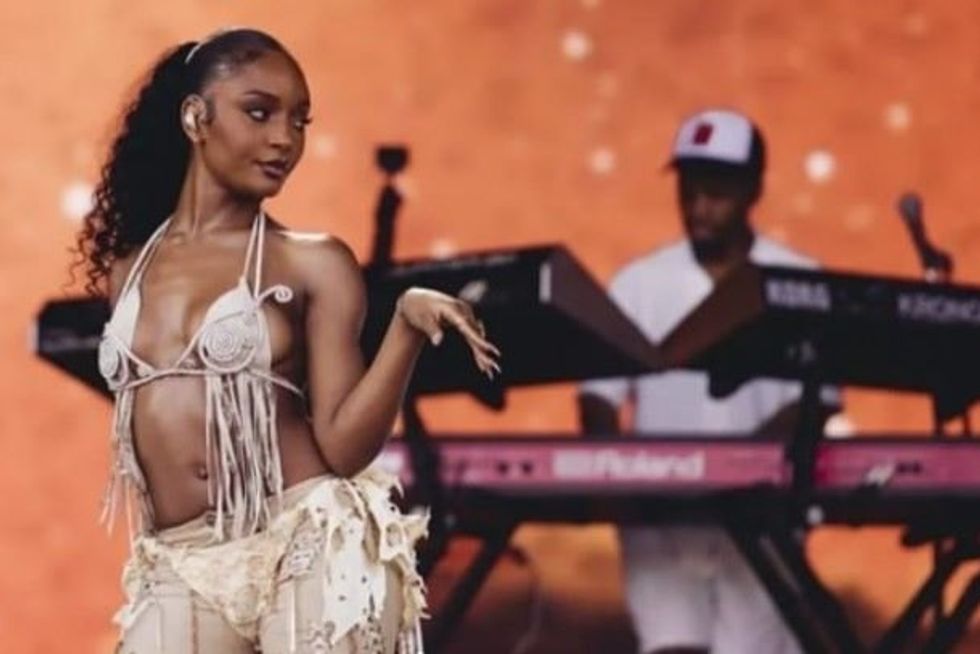
As a music director on stage, my job is to convey the artist’s vision and voice to the band using the appropriate musical language. Often, artists might struggle to articulate these concepts, making it essential for me to interpret their intentions, especially during rehearsals.
Even with prior rehearsals, live performances can bring unexpected moments requiring immediate adjustments from the music director.
I use a discrete talkback microphone during shows, which the audience cannot hear, to communicate with the band directly. Having a clear line of communication is vital to ensure that everything runs smoothly when surprises arise during a performance.
Reflecting on memorable experiences, one that stands out is directing Fireboy DML’s show at the OVO Arena in London two years ago. We had limited rehearsal time and pulled everything together quickly with a new choir and band members. Fireboy was receptive and willing to collaborate, entrusting me with his music.
This performance was special because, as a music director, I often miss out on enjoying the show while focusing on the execution, but this time I truly appreciated the experience. The performance felt flawlessly arranged, allowing me to relax and soak in the moment while ensuring that everything proceeded as planned.
More African artists are starting to collaborate with music directors, but there’s still room for growth. Artists aspiring for success should recognize the valuable role of a music director; legends like Bruno Mars and Beyoncé have reliably worked with directors who elevate their performances and ensure careful preparation.
Burna Boy exemplifies this trend as he and his music director have cultivated a strong rapport over time, leading to remarkable improvements in his live shows over the past decade. The seamless evolution of his performances is due to consistent rehearsals with his music director fully involved in realizing his vision.
Artists like Beyoncé, Bruno Mars, and Burna Boy highlight the significance of having a consistent music director, which translates to superior live performances. In Afrobeats, some artists may mistakenly label a DJ as their music director, but it’s important to understand that the roles are distinct and serve different purposes.

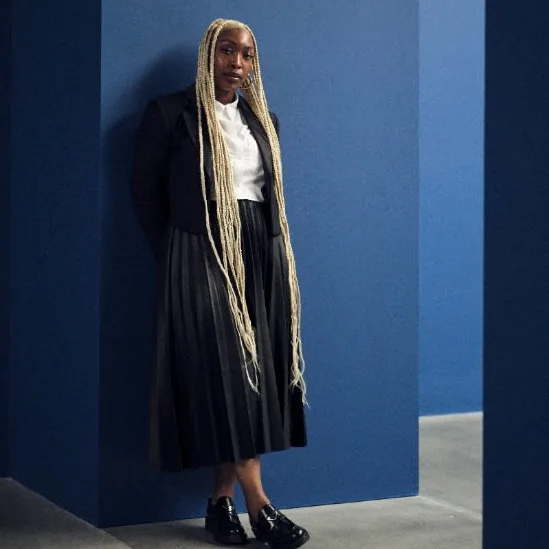
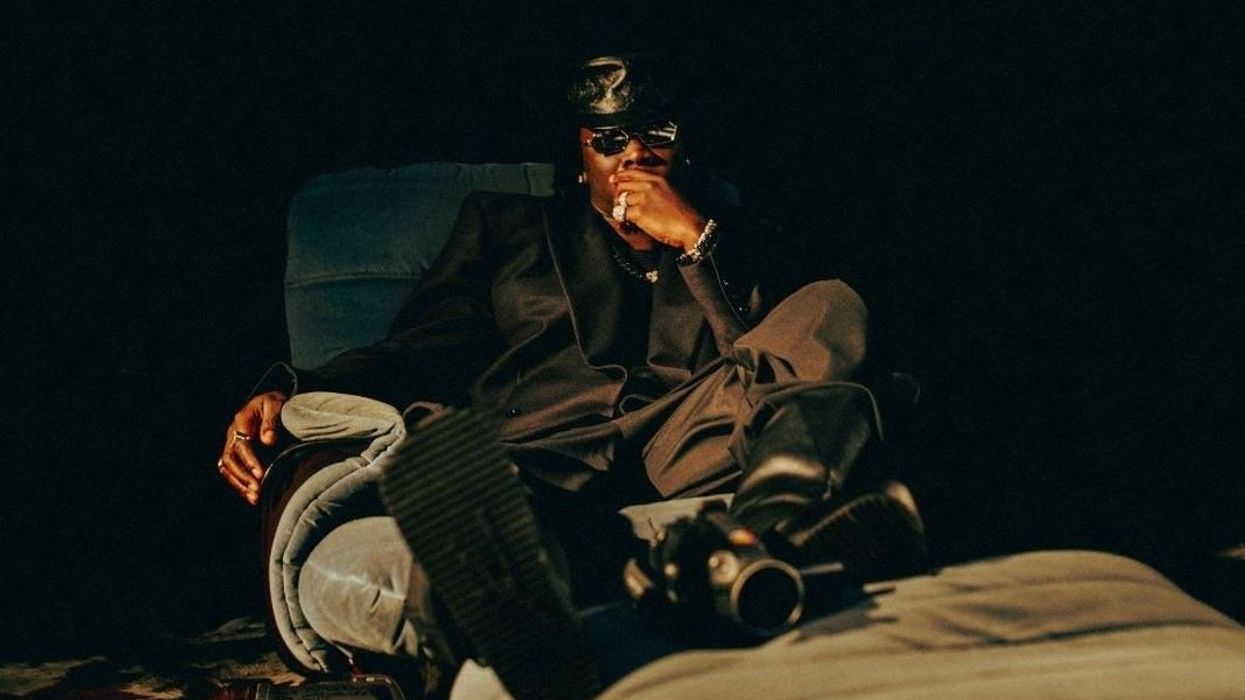
Comment